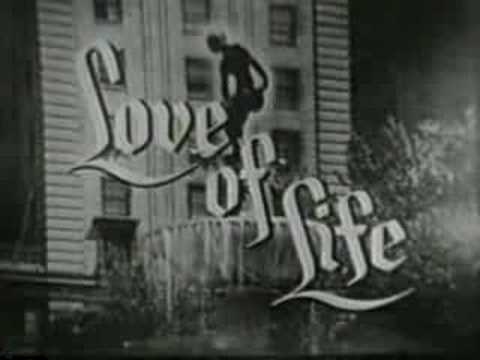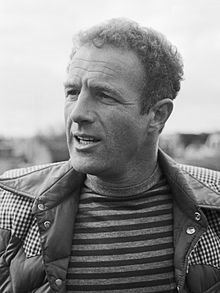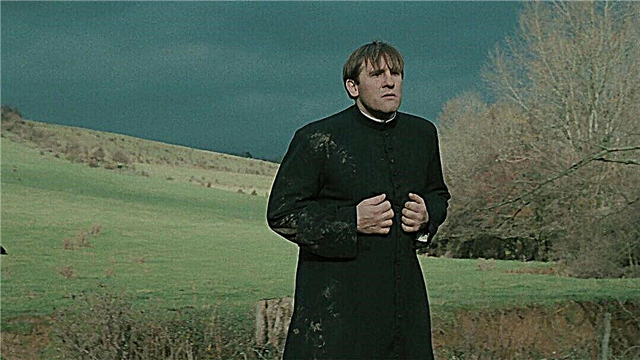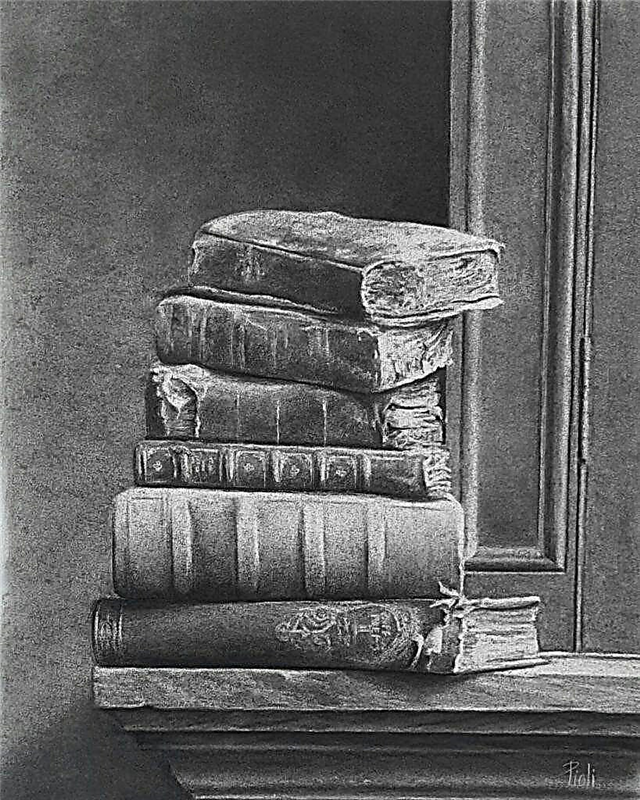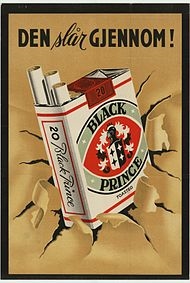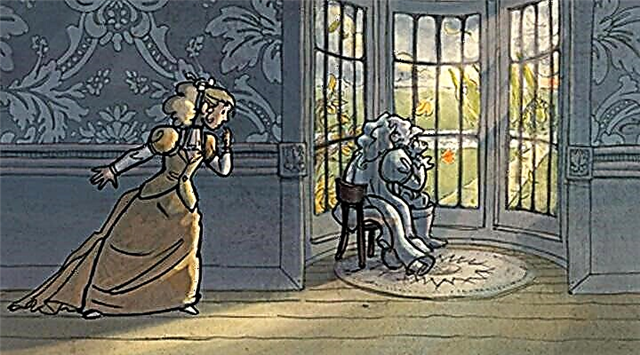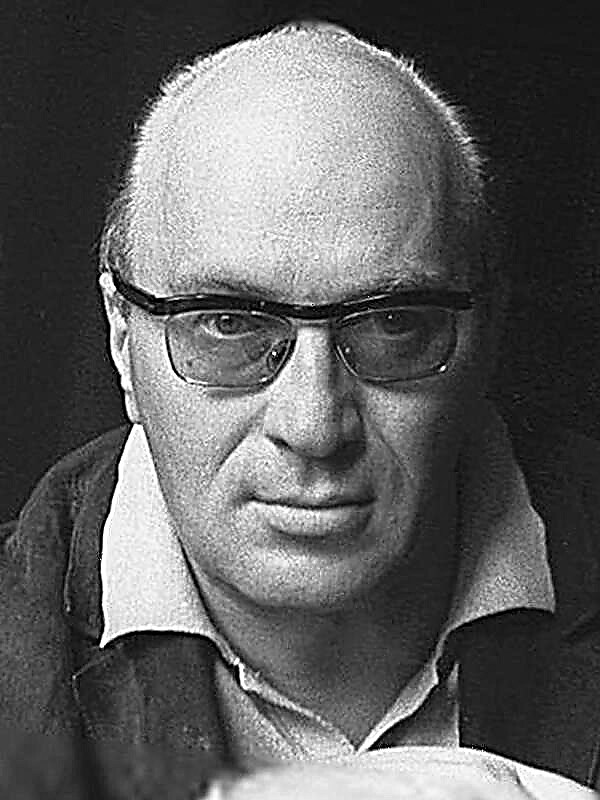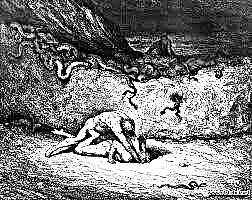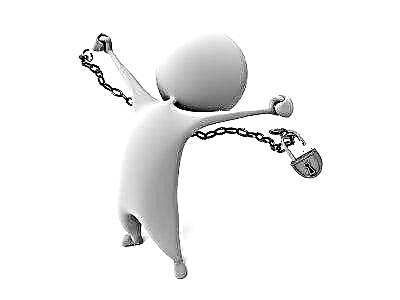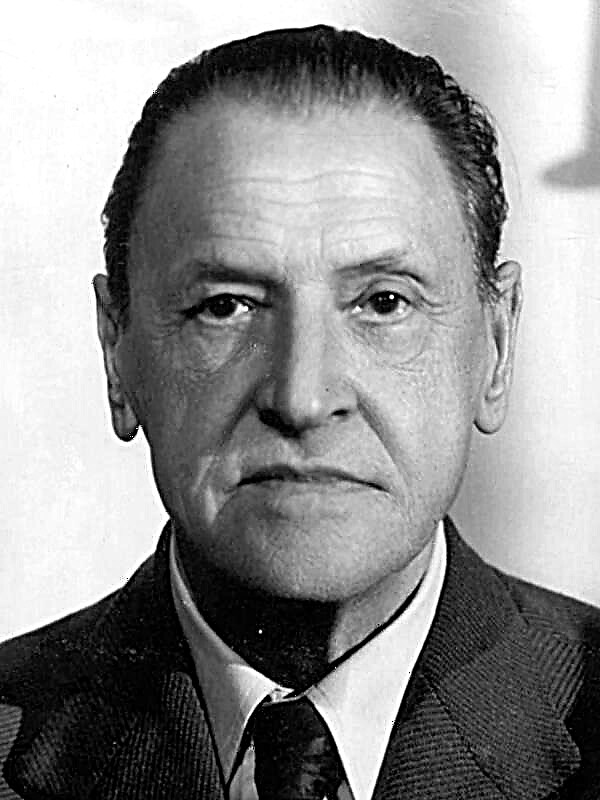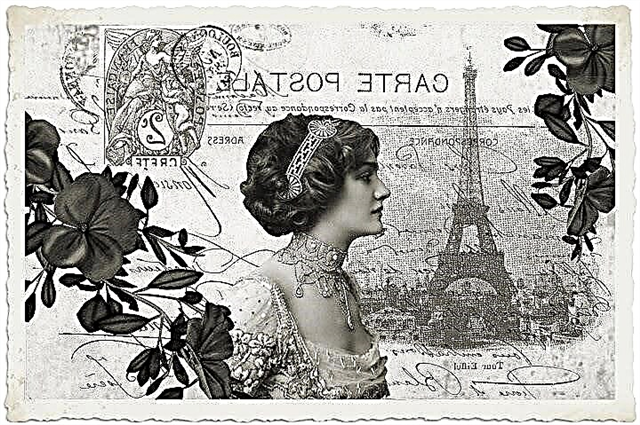(250 words) One of the most memorable episodes of the work “Dead Souls” is the representation of Russia in the form of an abstract bird-three, which rushes to unknown distances. However, this is only part of the image of the country where Nikolai Vasilyevich Gogol lived and worked.
Russia in the poem appears at the same time as the focus of officials and landowners and as a gallery of portraits of representatives of the people. If officials hinder the development of Russia, oppress those who depend on them, and eke out a meaningless existence, then the people show their talents, remarkable strength, ingenuity. When there is a holiday on the street, all residents walk. They rejoice, sing songs, dance to oblivion. The broad Russian soul has where to turn: the fields, rivers, meadows, steppes of Russia seem immense. Then comes the time for hard work. Burlaki again and again pull the strap on the endless expanses of Russia. And their song becomes mournful. It sounds in every village, in every city: the bitter fate of the people! The peasants who died were wonderful souls. All of them had their advantages and disadvantages, but kind words could be said about each. The peasants Chichikov meets may seem naive. But officials, landowners, endowed with greater rights and having the opportunity to receive education, are even more likely to fall into stupid situations.
However, for Gogol, Russia is not only people and officials. The writer gives an accurate description of the country's place in the world, as if chuckling at strangers: the work mentions the “impudent fields” of Italy and the “bird tongue” of France, the “liquid nature” of the Germans and the pedantry of the English. Either Rus’s business with its character is a country full of contrasts, restless and vibrant. Therefore, the triple bird runs-in a hurry, not meeting obstacles in its path. Russia is directed to the future. It remains only to give the people the opportunity to show boldness. And then "Russian movements will rise."

